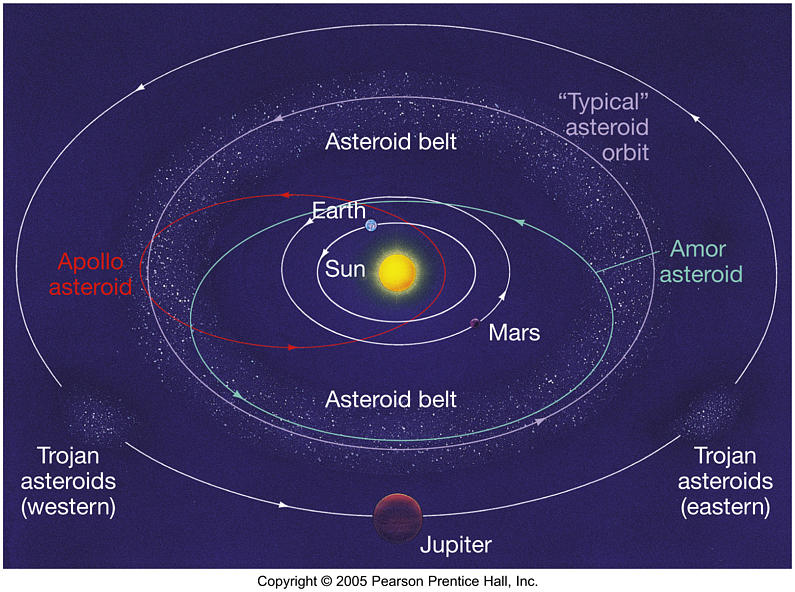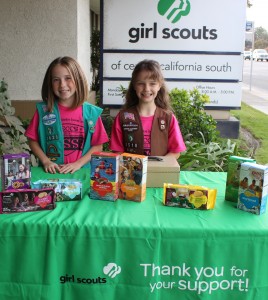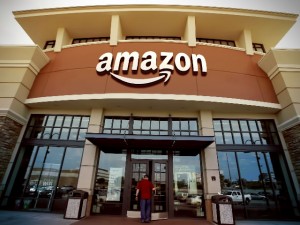A new bill would allow space mining companies to legally do what their name implies: extract raw materials from asteroids and perhaps even other planets, and sell them for profit. If passed, an entirely new and unexplored industry would begin to spring up everywhere. Without legal limitations, (ambitious) companies will be able to begin R&D for machines that could do the job.
Asteroid mining base concept; Image source
Space mining could have a great impact on the world economy. According to Forbes’ Bruce Dorminey, “For some metals the commodities markets will be completely reshaped”. For the first time there will be an influx of materials coming from a source other than Earth. With space mining it will no longer matter if resources are renewable or not, because while the resources on an individual asteroid may be non-renewable, there is an unfathomably large number of asteroids in space.
Near-Earth asteroids; Image source
Asteroid mining, if successful, could change our preconceived notions of sustainability. I for one hope that the bill gets signed into law, because as I’ve made clear in a few of my previous blogs, I’m a huge advocate for progress. Advancements in technology, no matter how radical are necessary to advance us to the next stage as a species. And I’m all for that.





